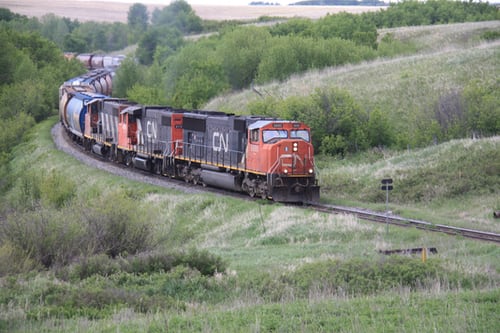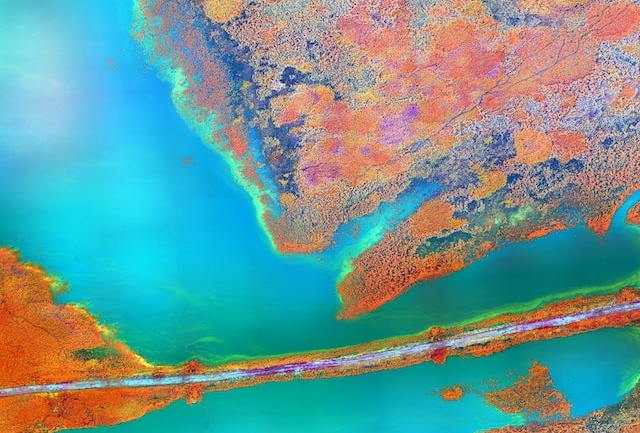By Seren Nurgun, Staff Writer for Save The Water™ | March 8, 2016
On December 27, 2015, a 26-wagon freight train completely overturned. It spilled about 31,500 litres (8,321.42 US gallons) of sulfuric acid of the total 819,000 litres (216,356.91 US gallons) that it was carrying in northwest Queensland, Australia. The accident site occurred “roughly 100 meters from the nearest road.”2 On the day of the accident, the weather consisted of heavy rain, muddy grounds, and severe flooding.2 The rural location and stormy weather limited local law enforcement and emergency crews’ ability to access the area immediately. When they reached the site, they set up “a new access point and hoped it would allow experts to further examine the wreckage” later that week.2
Health Impacts of Sulfuric Acid
Sulfuric acid has many applications. Manufacturers use sulfuric acid to make “fertilizers, explosives, other acids, and glue.”1 Sulfuric acid contributes to purifying petroleum and to metal pickling. Lead-acid batteries (the type commonly used in motor vehicles) also depend on sulfuric acid.1
Hazardous waste sites contain sulfuric acid. More than the general public, people living near these sites risk breathing contaminated air. “Breathing sulfuric acid mists can result in tooth erosion and respiratory tract irritation.”1 But agriculturalists may apply sulfuric acid to soil to decrease its pH. Alternatively, too much acidity in the soil can decrease soil quality and negatively impact crop yield.
No Signs of Contamination
Near the spill site, a local property owner “said he was worried the spilled acid would contaminate water on his property.”2 To alleviate his and others’ fears, the police created a 2-kilometer exclusion zone around the area. Then the zone would remain for at least a week after the accident. But officials advised the community “cleanup could take weeks.”2 Soon after the incident, the Queensland environmental minister and a team of senior environmental protection officers joined the effort.
A team of scientists had “done some testing [in] local waterways” and hadn’t “yet identified any contamination.”2 The minister suggested that “the sulphuric acid could be contained geographically.”2 But the minister said further testing over time at the specific site would be required to make definitive statements about any water contamination. He also stated “it was too early to suggest whether safety measures for freight trains carrying toxic chemicals should be strengthened.”2 At this point in time, officials must wait and see if any environmental effects of the spill will arise.
References
-
- Agency for Toxic Substances and Disease Registry. December 1998. “Public Health Statement for Sulfur Trioxide and Sulfuric Acid.” https://www.atsdr.cdc.gov/phs/phs.asp?id=254&tid=47
- Australian Associated Press. December 29, 2015. “Sulphuric Acid Spill from Derailed Freight Train Prompts Water Contamination Fear.” The Guardian. http://bit.ly/2rc40Qx




